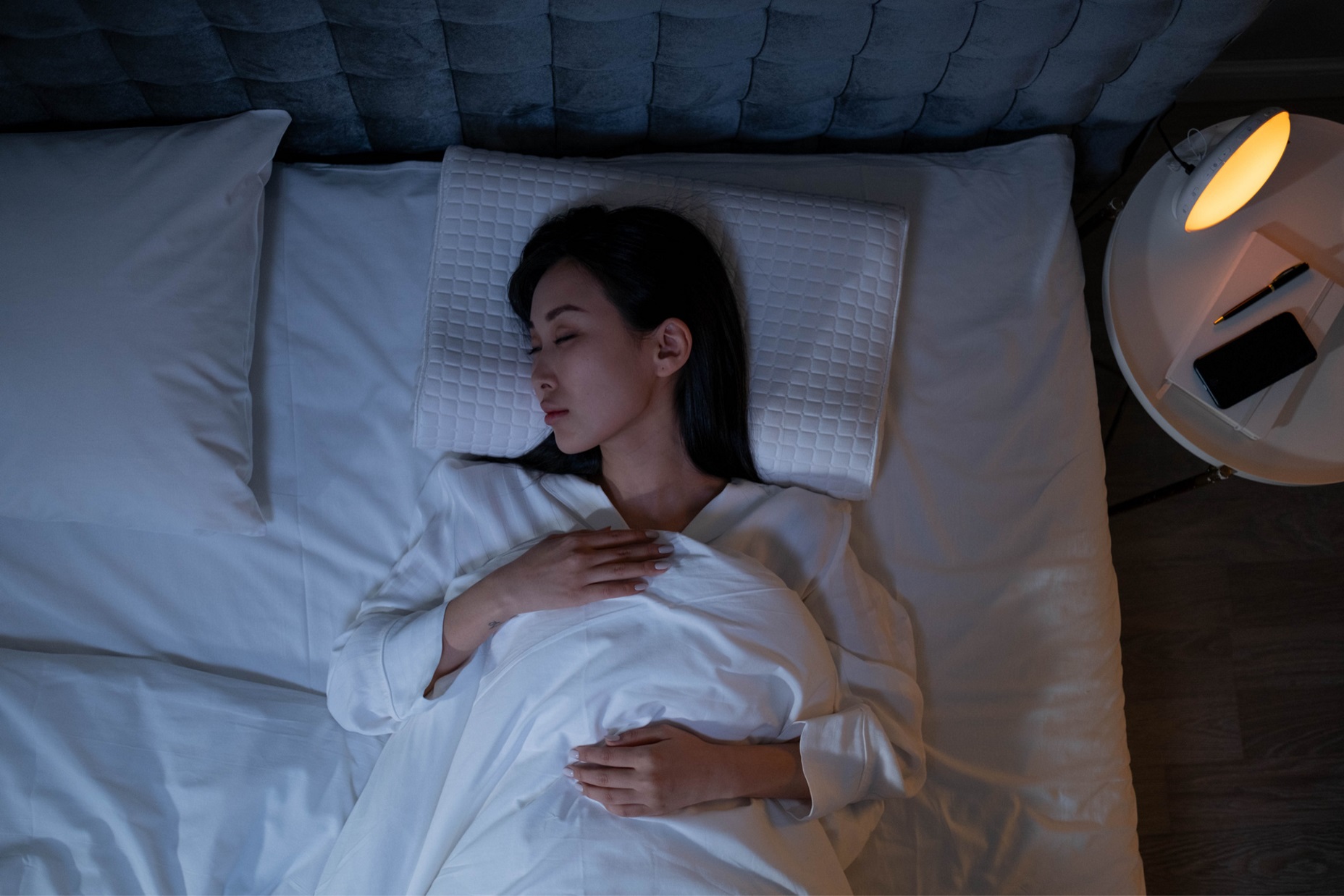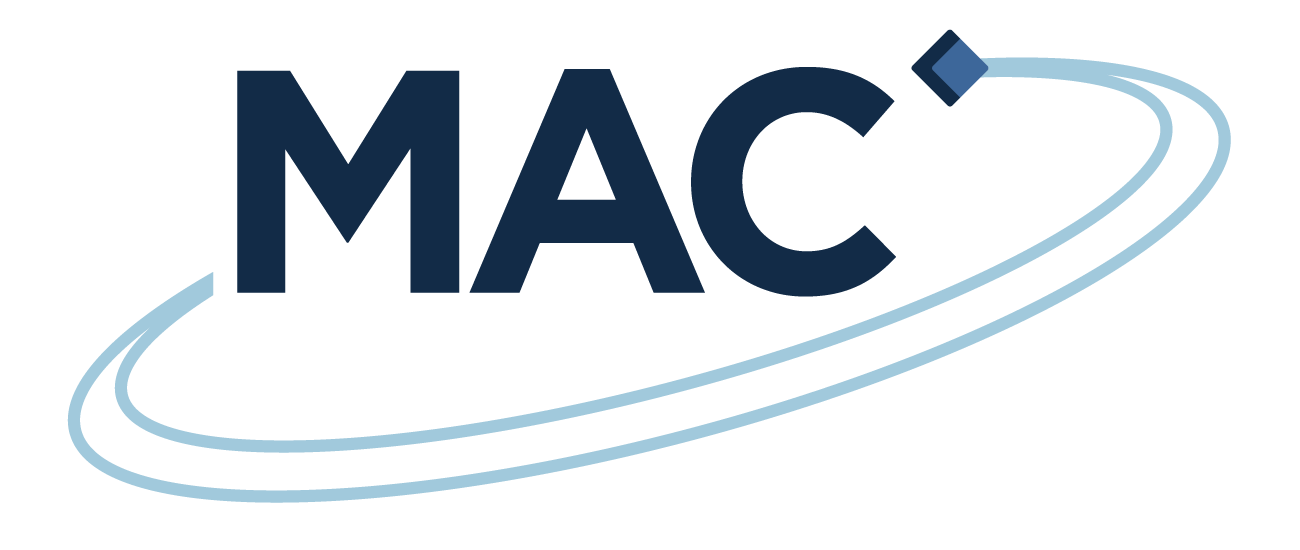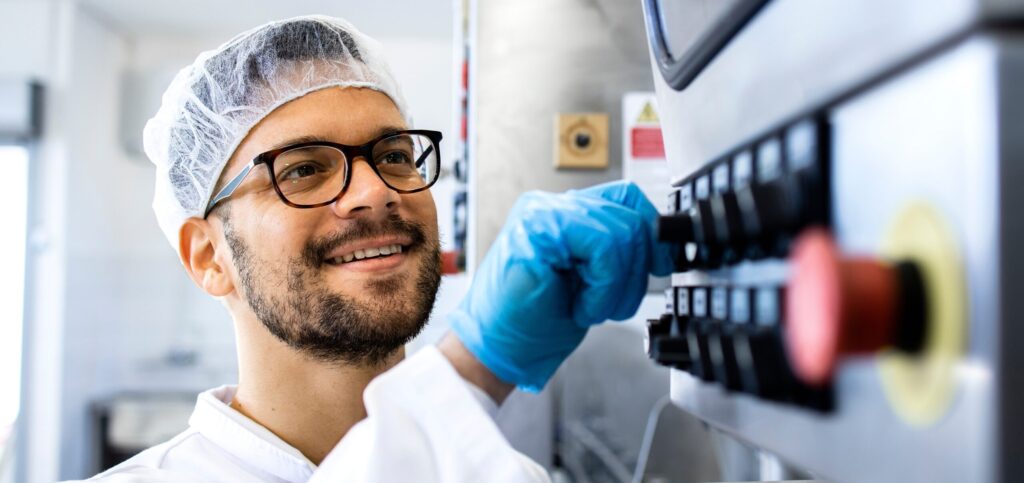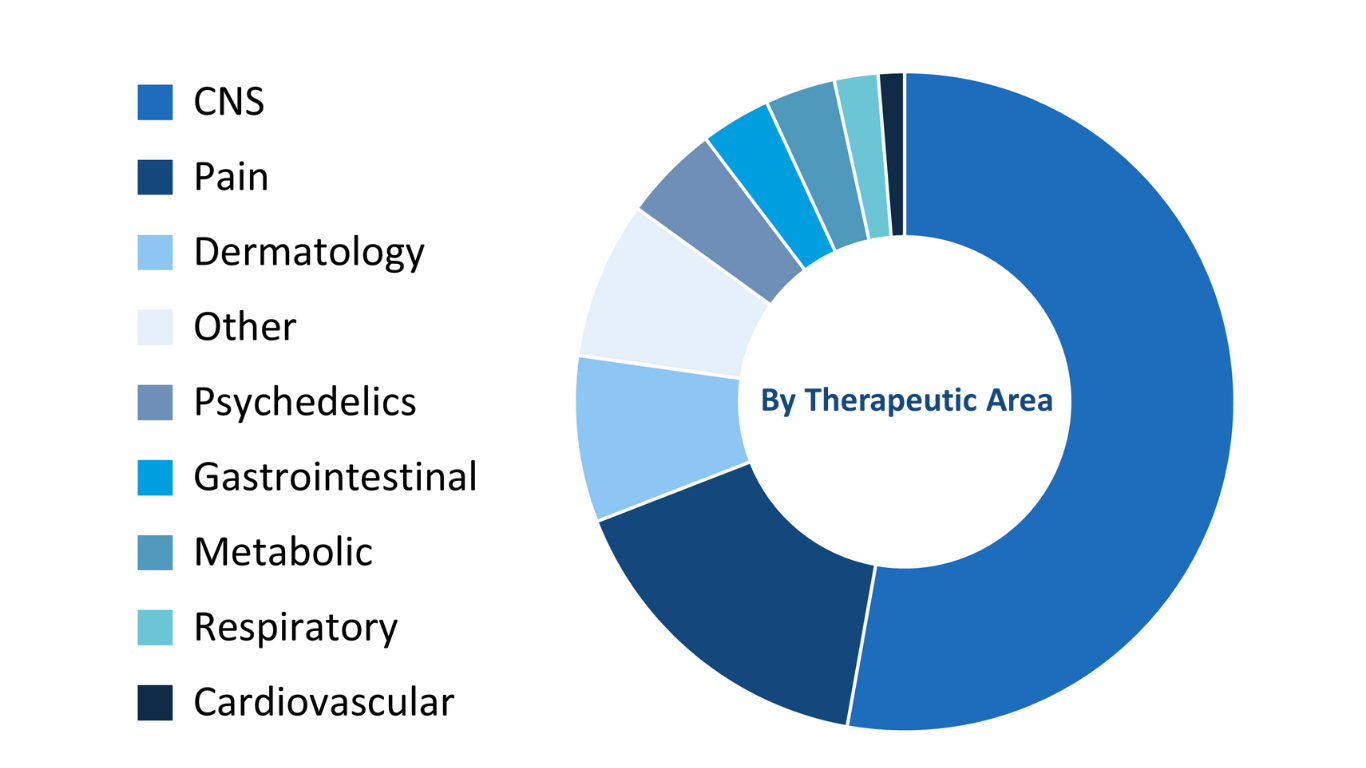Sleep Assessments
MAC Clinical Research runs sleep assessments at our Care Quality Commission (CQC) registered sleep clinic in Liverpool, UK, which has been tailored to conduct highly specialised sleep research studies and provide sleep-related health services.

The core techniques and assessments MAC utilise include:
A PSG assessment is used to diagnose a variety of sleep disorders through the study of sleep stages and cycles. During the assessment, a team of specialized sleep experts analyse the participant’s sleep during an 8-hour overnight period. The patient will have electrodes placed on their head and face to monitor brain activity and evaluate heart rate, airflow, oxygen saturation levels, and respiratory, eye and leg movements, to give comprehensive insight into the patient’s sleep health.
An MSLT is used to identify any excessive daytime sleepiness and to detect potential sleep disorders associated with increased hypersomnia, usually used in conjunction with an overnight PSG. The assessment is typically completed after an overnight sleep assessment and consists of up to 5 daytime naps of approximately 20 minutes each.
A routine EEG is performed to monitor the electrical activity of the brain and is used to identify abnormal brain waves. Electrodes are placed on the subject’s head and face, and signals are recorded for up to 1 hour to help identify conditions such as epilepsy, dementia, head injury or concussion, brain tumours, encephalitis, or sleep disorders.
A sleep EEG records electrical activity produced by the brain whilst the subject sleeps and is most often used to investigate the brainwave patterns of patients who have seizures (fits) or blackouts, as these patterns typically change during drowsiness and sleep. A sleep EEG may provide more information than a routine EEG and can test for sleep disorders. The night before the test, patients are requested to sleep for half of their usual sleeping pattern (e.g. if they normally sleep for 8 hours per night, this should be reduced to 4 hours the night before the assessment so that any sleep deprivation can be recorded during the analysis).
Ambulatory EEG monitoring records up to 72 hours of brain activity within the home environment while the subject is awake, using a portable EEG recorder. Extended recording increases the chance of capturing an event or any abnormal activity that may occur in brain wave patterns. The EEG will be set up at an on-site appointment, with the patient returning home with the EEG recorder for the duration of the test. The subject will continue their normal daily routine (such as working, relaxing, eating, sleeping, etc.) to ensure that a true picture of their normal activities is generated. The subject will return to the clinic where the data will be analysed.
A MWT is used to identify the severity of symptoms in people experiencing sleep disorders such as narcolepsy and sleep apnoea, to assess the effectiveness of their current treatment. This assessment considers the patient’s alertness during normal daytime hours and helps to determine their ability to stay awake and function for a defined period during quiet moments of inactivity. The test consists of four separate time periods where the patient is monitored to see how well they can stay awake. The assessment indicates if it’s safe for the patient to return to work or driving.







